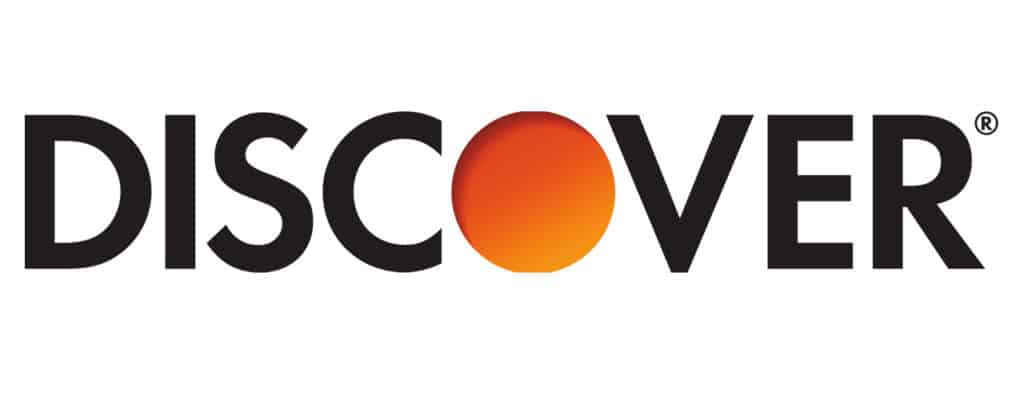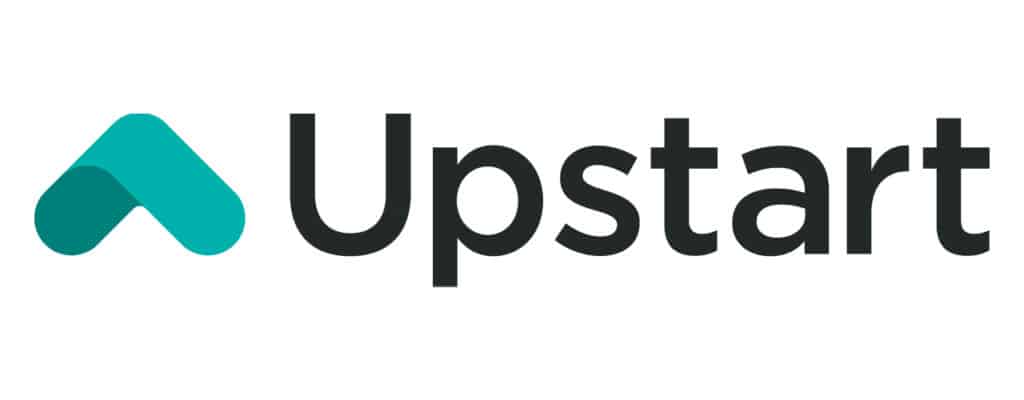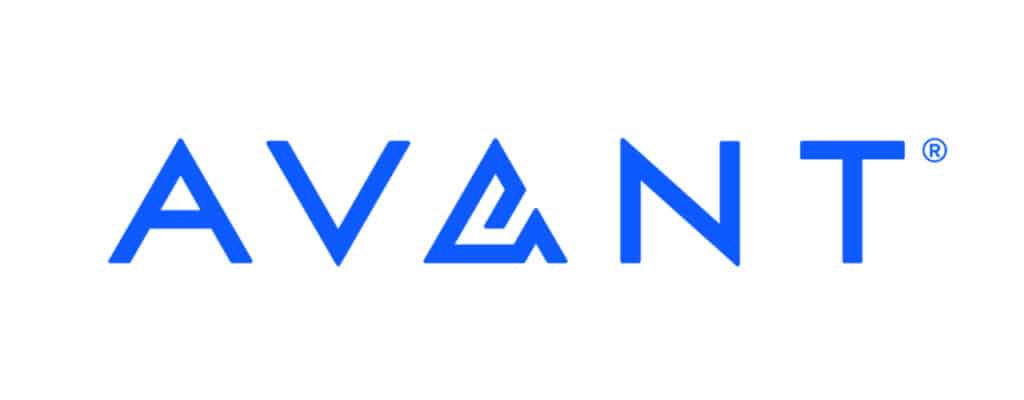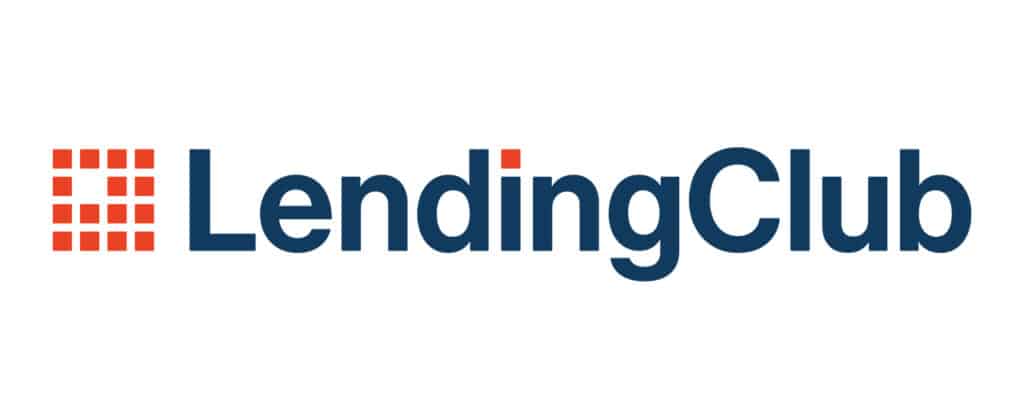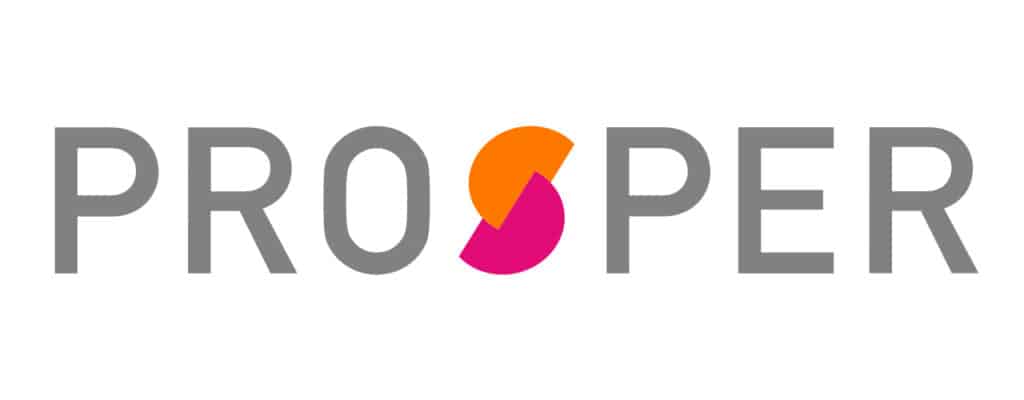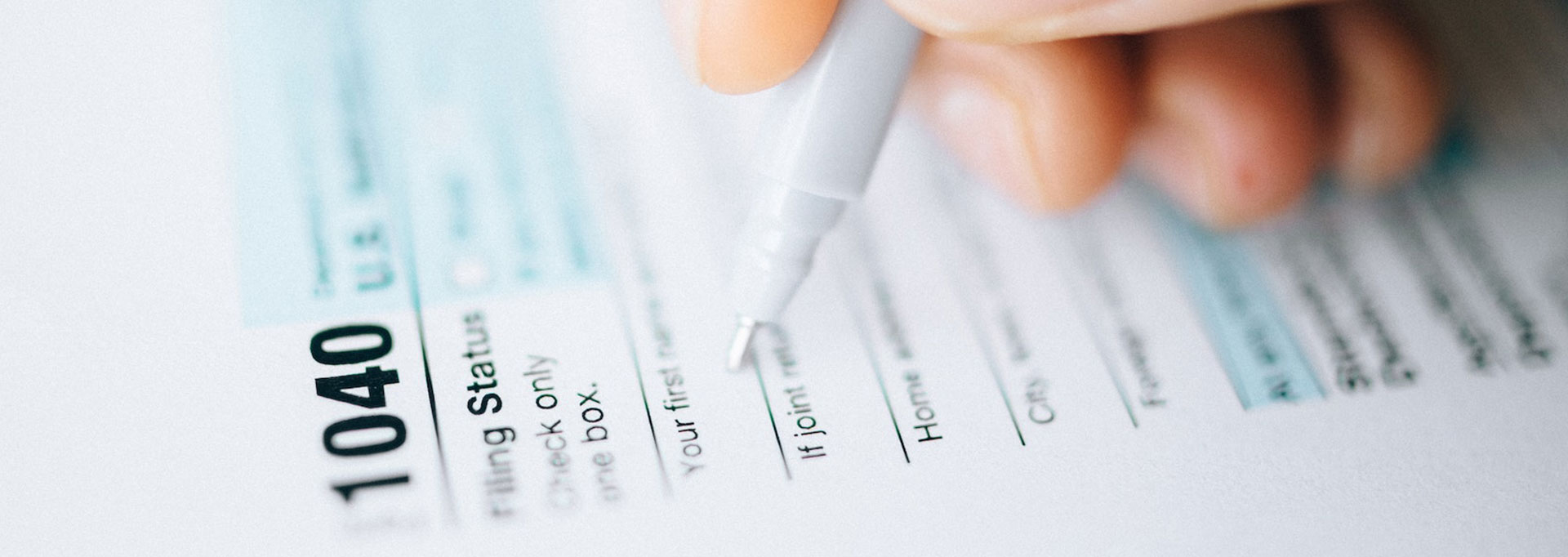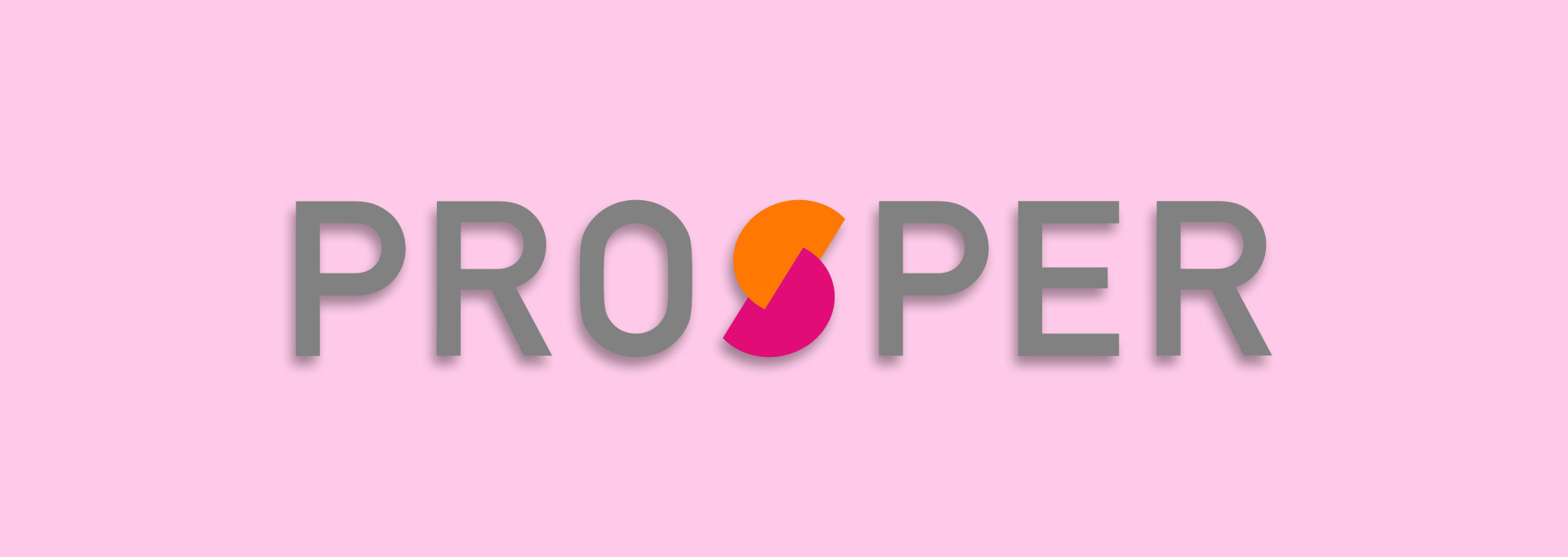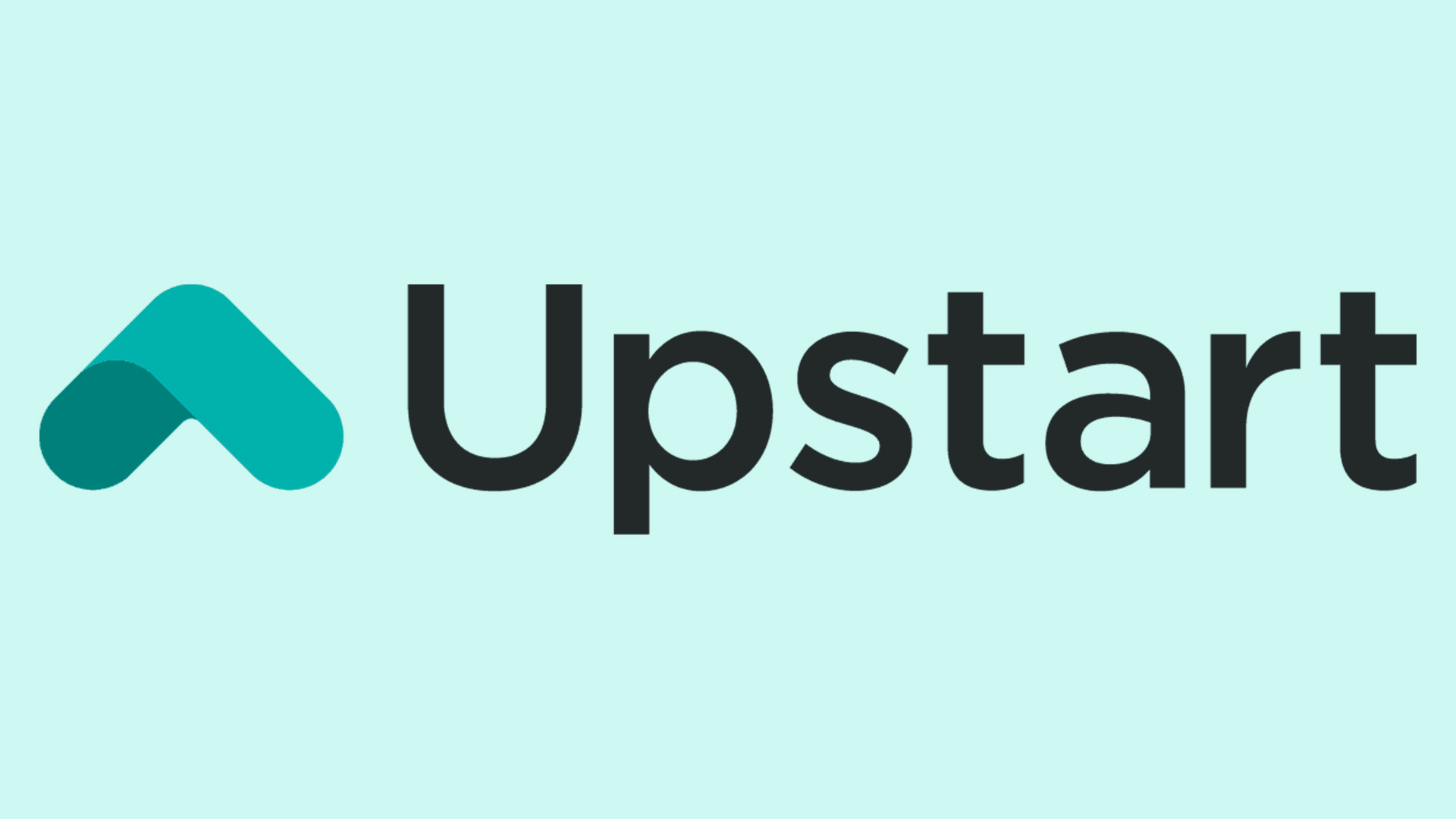Most products on this page are from partners who may compensate us. This may influence which products we write about and where and how they appear on the page. However, opinions expressed here are the author's alone, not those of any bank, credit card issuer, airline or hotel chain.
Running and growing a business is no easy feat. While small businesses are the backbone of the U.S. economy, they often have a harder time gaining access to credit. Lenders see them as riskier and more costly, which makes funding enough capital for your company challenging.
As a small business owner, it pays to know all your funding options. Besides a business line of credit or business loan, using a personal loan for business purposes is one of several options to consider.
Let's take a look at the ins and outs of tapping into a personal loan for your business. Below, we’ll discuss the pros and cons, the key differences between a personal loan versus a business loan, and offer up some personal loans that can be used for business expenses.
Can You Use a Personal Loan for Business Expenses?
The short answer is yes, some personal loans can be used for business purposes. But you should check to see if the lender has any restrictions on how you can use the loan. Some lenders do not allow their personal loans to be used for commercial purposes, while others may allow it.
Personal loans are a common choice for people who need funding because of their versatility; they can be used for a variety of purposes, from funding a financial emergency or paying for home improvements, a wedding, or a vacation. Business expenses may be included as well, depending on the lender's rules.
 Related Article
Related Article
14 Ways You Can Use a Personal Loan
How Businesses Can Use a Personal Loan
There are a lot of reasons why you might need capital for your business. Here are some of the common ones:
- Starting your business. You'll need funds to kickstart your business idea. While the exact amount varies depending on the specifics of your venture, the Small Business Association (SBA) says microbusinesses need about $3,000 to start. If you're launching a home business franchise, you'll need anywhere from $2,000 to $5,000.
- Funding operating costs. You might need an infusion of capital to buy machinery, hire more staff, implement a marketing campaign, or invest in new inventory.
- Financing expansion opportunities. Should you have an opportunity to scale your business, perhaps by seeking new market opportunities, you’ll need funds to expand your services or product line or explore a new corner of your industry.
- Perfecting against financial shortfall. According to the Small Business Credit Survey (SBCS), maintaining a steady cash flow can be tough. About 85% of small businesses in the U.S. came head-on with financial challenges in 2022, and this number has been trending upwards since 2019.
Explore the Best Business Checking Accounts
Visit the Marketplace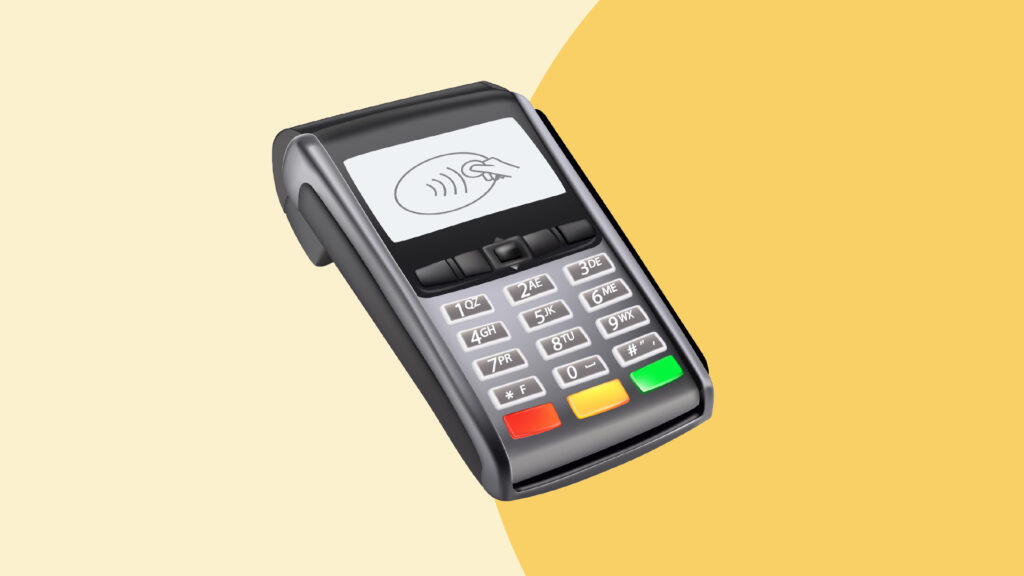
Pros and Cons of Using a Personal Loan for a Small Business
Pros
- Access to a lump sum upfront
- May be easier to get approval compared to other loans
- You won’t need to provide collateral
Cons
- Lending caps might not be enough for your needs
- May end up borrowing more than you need
- Restrictions on how you can use the funds for your business
Pros
- Access to a lump sum upfront. A personal loan is a closed-end, installment loan, which means you'll receive the funds in a lump sum upfront and make fixed payments over a length of time. You can use the proceeds for large-ticket expenses or spend it as needed.
- Approval may be easier than other loans. Unlike getting a business loan, you won't need to provide financial statements and documents—think balance sheets, profit and loss statements, and a business plan. Plus, you don’t need to have an established business for a set amount of time to get a personal loan. To apply for a personal loan, most lenders require you to have a minimum credit score and a low debt-to-income (DTI) ratio, which is all your monthly debt payments divvied by your gross monthly income.
- You won’t need collateral. Unlike other types of financing, many personal loans are unsecured, which means you won't have to offer up an asset (such as a car or house) to secure the loan.
Cons
- Lending caps might not be enough for your needs. The amount you can receive for a personal loan depends on the lender and what you get approved for. Several lenders offer personal loans up to $50,000, and even fewer can lend more than $100,000. Depending on your business needs, you might need more than these loan amounts to achieve your goals. Meanwhile, the average medium-term small business loan is $110,000.
- May end up borrowing more than you need. With a set approval amount and access to a lump sum upfront, you have to anticipate your financial needs before applying for the loan. Since businesses are prone to ebbs and flows and unexpected emergencies and opportunities, you may end up borrowing more than you need. With a line of credit, however, you can borrow as much as you need and repay as you go.
- Restrictions on use for businesses. Some lenders might not allow you to use a personal loan to run or grow your business. And a lender might have restrictions on what you can use that money for as it relates to business-related expenses. Always check with a lender first to make sure you understand the rules.
Best Personal Loans for Business Expenses
If you're considering a personal loan to pay for ongoing and future business expenses, here are some to consider:
- Best for Flexible Repayment Terms: Discover
- Best for New- or Low-Credit Borrowers: Upstart
- Best for Fast Funding: Avant
- Best for Co-Borrower Option: LendingClub
- Best for Peer-to-Peer (P2P) Lending: Prosper
Loan results will vary based on creditworthiness, loan purpose, loan amount, and other factors.
Best for Flexible Repayment Terms: Discover
Discover personal loans have flexible repayment terms ranging from 36 to 84 months, which helps keep your payments low.
Discover Personal Loans
- Loan Amounts$2,500 - $40,000
- Loan Terms36 - 84 months
- APR Range7.99% - 24.99%
- Minimum
Credit Score660 or aboveA credit score is used to indicate the creditworthiness of an applicant, but it is only one of several factors considered for approval. These credit scores alone are not guarantees for approval and should only be used as guidelines.
Discover offers personal loans up to $40,000 and no origination fees or prepayment penalties.
Overview
Best known for its credit cards, Discover also offers a range of banking and lending products, including personal loans. Its maximum loan amount is just $40,000, which is relatively low compared to certain competitors. A notable perk of Discover personal loans is that borrowers benefit from no origination fees or prepayment penalties, and an APR range that’s comparable to what other lenders offer.
Discover also provides a credit score range of 660 to 850 on its personal loan page, suggesting its willingness to work with prospective borrowers with fair credit. Many lenders require good or excellent credit, so this accessibility sets Discover apart. Just be aware that if your credit isn’t great, your loan’s interest rate will likely be higher.
Pros
- Competitive APRs
- May be available to fair-credit borrowers
- No origination fees
Cons
- Low maximum loan amount
- No co-borrowers permitted
Best for New- or Low-Credit Borrowers: Upstart
Upstart looks beyond conventional lending criteria to determine eligibility, such as your employment history and education, which can help new credit borrowers access money.
Upstart
- Loan Amounts$1,000 – $50,000
- Loan Terms36 or 60 months
- APR Range7.8% - 35.99%
- Minimum
Credit Score300 or aboveA credit score is used to indicate the creditworthiness of an applicant, but it is only one of several factors considered for approval. These credit scores alone are not guarantees for approval and should only be used as guidelines.
Using artificial intelligence to help evaluate borrowers, Upstart is a unique lending platform that looks beyond your credit score for personal loan approval.
Overview
Upstart is a first-of-its-kind online lending platform that uses artificial intelligence to help make smarter lending decisions. This means the company considers factors beyond a borrower’s credit score to help determine creditworthiness. Upstart indicates its model has resulted in 43% lower rates for borrowers than traditional credit score models.
Beyond your credit score, Upstart will also look at your employment history, income and level of education when deciding whether to approve you for a loan. The company states that borrowers with credit scores as low as 300 might be able to get approved for a personal loan, though that loan may come with a relatively high APR.
Upstart’s rates are fairly competitive and loan funds are disbursed as soon as one business day after approval. This lender charges origination fees, so it’s important to read the fine print before applying.
Pros
- Considers factors beyond your credit score in lending decisions
- Loans up to $50,000
- Fast funding time
- Check rate without affecting credit score
- Low minimum credit score requirement
Cons
- No physical locations
- Limited repayment terms
- Has origination fees
- High maximum APR
- Not available in Iowa or West Virginia
Best for Fast Funding: Avant
If time is of the essence, Avant offers speedy funding to borrowers with poor or fair credit, with next-day funding available for qualified loans.
Avant
- Loan Amounts$2,000 – $35,000
- Loan Terms12 – 60 months
- APR Range9.95% – 35.99%
- Minimum
Credit Score580 or aboveA credit score is used to indicate the creditworthiness of an applicant, but it is only one of several factors considered for approval. These credit scores alone are not guarantees for approval and should only be used as guidelines.
Avant offers small personal loans that are accessible to borrowers with fair credit, with funding available as soon as the next day.
Overview
Avant is known for its personal loans that can be used for a wide range of purposes and are accessible for those with fair credit. Funding can be completed as soon as the next business day once approved. The minimum APRs tend to be higher than competitors, but the maximum APR is comparable to other online lenders. A unique feature offered by Avant is their flexible payment due date, which allows a 10-day grace period without incurring a late fee.
Pros
- Loan terms up to 60 months
- Low minimum credit score requirement
- Flexible payment due date
- Next day funding available
Cons
- No physical locations
- Origination fee of up to 4.75%
- Relatively low maximum loan amount ($35,000)
- High minimum APR
- No joint applicant or co-signer
Best for Co-Borrower Option: LendingClub
If your credit isn't quite up to par, LendingClub offers personal loans with a co-borrower option. Adding a co-borrower can increase your chances of approval, and may even improve your borrowing terms.
LendingClub
- Loan Amounts$1,000 – $40,000
- Loan Terms24 – 60 months
- APR Range9.57% – 35.99%
- Minimum
Credit Score600 or aboveA credit score is used to indicate the creditworthiness of an applicant, but it is only one of several factors considered for approval. These credit scores alone are not guarantees for approval and should only be used as guidelines.
Borrowers in the fair credit range who need a small loan can appreciate LendingClub's quick funding and option for direct payments to creditors with debt consolidation loans.
Overview
LendingClub can be a good fit for those looking to consolidate high-interest debt, as they offer the ability to pay your creditors directly from your loan. You can also use LendingClub loans for almost any purpose, from home improvements to medical bills. Eligible borrowers who need some assistance qualifying can apply for a joint loan, and borrowers can expect to receive funding as soon as 24 hours after approval. However, APRs do start at relatively higher rates than some competitors.
Pros
- Low minimum loan amount
- Fast funding for personal loans (receive funds as little as 24 hours after approval)
- Joint loans allowed
- Direct payment to creditors
- Check rates without a hard credit inquiry
Cons
- Has origination fees
- No physical branches
- Lower maximum loan amount than some lenders
Best for Peer-to-Peer (P2P) Lending: Prosper
As the first P2P lending platform that launched in 2006, you can borrow fixed-rate, fixed-term loans between $2,000 to $50,000. There are no prepayment penalties and qualified borrowers can receive quick funding.
Prosper
- Loan Amounts$2,000 – $50,000
- Loan Terms24 – 60 months
- APR Range8.99% – 35.99%
- Minimum
Credit Score600 or aboveA credit score is used to indicate the creditworthiness of an applicant, but it is only one of several factors considered for approval. These credit scores alone are not guarantees for approval and should only be used as guidelines.
Prosper is an online lending platform offering fast funding for personal loans and the option to apply with a co-borrower if your credit isn't stellar.
Overview
Prosper is an online peer-to-peer (P2P) lending platform offering personal loans and HELOCs. Because it’s P2P, Prosper works slightly differently than other non-P2P lenders. Borrowers sign up and are assigned a Prosper Rating based on their creditworthiness, and investors can choose whether or not to fund them after viewing their loan listing. Borrowers can expect to pay an origination fee depending on their Prosper Rating. Funding can be available as soon as the next business day after approval of the loan, making it a solid option in emergencies. Fortunately, if your credit isn’t stellar, Prosper offers the option to apply with a co-borrower, which could improve your chances of getting a better rate.
Pros
- Can change your loan payment date
- Option to apply with co-borrower
- Next-day funding available after approval
Cons
- No physical branches
- Has origination fees
- Not available in all states
Personal Loans vs. Business Loans
Personal loans and business loans can appear very similar. They both are closed-end installment loans (i.e., you get the funds upfront) you can use them to fund anything from working capital to purchasing inventory to marketing. However, there are some distinctions that are worth looking at when deciding between the two.
| Personal Loans | Business Loans |
|---|---|
|
Easier to qualify |
More stringent criteria to qualify |
|
Quicker application and approval process |
Lengthier, longer application and approval process |
|
Requires personal credit score |
Requires business financial statements |
|
Unsecured, no collateral needed |
Need to provide collateral |
|
Lower loan maximum |
Higher loan amounts |
Allowed uses: not all lenders allow personal loans to be used for business. You could face costly repercussions if you break the rules and use the proceeds for something on the "prohibited" list. For instance, you might be required to pay back all the funds plus interest charges.
Loan requirements: Another important distinction to consider is that business loans typically require you to be in business for a minimum amount of time — anywhere from six months to two years. Plus, you'll need to provide documents such as profit and loss sheets, cash flow statements, and balance sheets. This type of examination into your records might also lengthen the time you must invest in applying and qualifying for the loan.
Collateral: Business loans also typically require some form of collateral. Plus, to protect the lender, a personal guaranty might be required, which means you'll be personally responsible should you have trouble keeping up with payments and default on the loan.
Loan maximums: Lastly, maximum loan amounts for personal loans tend to be far lower than for business loans. They tend to cap out at around $50,000, whereas business loans can go up to several million dollars.
 Related Article
Related Article
Best Personal Loans for the Self-Employed
Alternatives to a Personal Loan
If you don’t want to use your personal loan for business, you have several other options for cash. Here are a few other ways to fund your business-related goals.
- Small Business loan. As discussed, a business loan offers more funding with fewer restrictions. However, they’re harder to qualify for, and you’ll navigate a more onerous application and approval process.
- Home equity line of credit. If you're a homeowner, using a HELOC for your business can mean lower interest rates and the easiest approval. Plus, you only borrow what you need. That being said, you are putting your home’s equity on the line, which could spell trouble if you default on your HELOC.
- P2P (peer-to-peer) loan. P2P loans and personal loans share a lot of similarities, except P2P money comes from individual investors instead of banks. A major perk of a P2P loan is that they might be more willing to extend you a loan if you have a less-than-stellar credit score. They might also look toward unconventional markers of creditworthiness. A downside of P2P lending is that the funding speed can be slower.
- Credit card. Using a credit card to put toward your business can be an easy, convenient way to tap into a line of credit. However, it’s easy to rack up a balance and be on the hook for paying interest fees. Plus, APYs for credit cards can be higher than other forms of financing for a business.
- Friends and family. Your personal circle can be a good way to access cash for your business without paying a ton in interest or running the risk of defaulting on debt. However, you'll want to outline terms and repayment expectations clearly and get your agreement in writing.
- Grants. Business grants and awards are available at the city, county, state, and federal levels through the government, business economic development organizations, and nonprofits. You don't have to pay back the money awarded to you in a grant; but getting one can be fairly competitive.
Best Business Credit Cards
Visit the Marketplace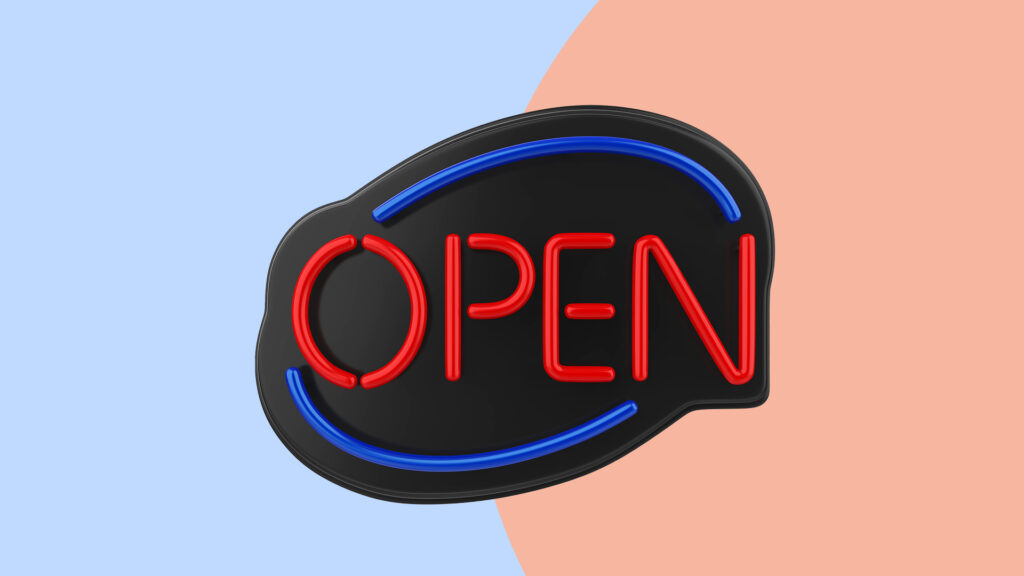
Should Businesses Get a Personal Loan?
As it goes with matters of money, your decision to get a personal loan largely depends on your situation and needs. If you're just starting out or need seed funds to launch your entrepreneurial endeavor, it might be easier for you to get approved for a personal loan versus a business loan. A personal loan to use for business might also be a good fit for you if you don't need a large amount of funds, and if you have an intended use for that money.
But if you need a larger infusion of cash for your business, or want to avoid putting your personal assets on the line, then a personal loan might not be the best fit.
Remember, any loan you take will show on your credit report and increase your debt-to-income (DTI) ratio. A higher DTI could make it difficult to qualify for future mortgages, auto loans, and even some credit cards until your business repays its debt — even if you pay your dues on time.
The Bottom Line
While you can use a personal loan for business use, you'll want to make sure the lender doesn't have any restrictions on how you can use the money. Depending on your credit situation, the age of your business, and your funding needs, it might be better to consider other funding methods. Do the research and explore your options before deciding.
Frequently Asked Questions
-
Loans are not generally considered income because you are borrowing money from a financial institution or online lender. Income is classified as money you earn, either from an investment, sale, or client. In turn, loans aren't usually taxable.
-
You can typically use the funds from a personal loan to run your LLC. However, you'll need to meet the lender's borrowing criteria. Some lenders allow you to use loan proceeds to fund your business but restrict how you can spend the money.
-
When you take out a personal loan, you must indicate what it'll be used for. If you're taking a personal loan for a business expense or outside of its intended purpose, check with the lender first to see if that is an allowed usage. Otherwise, using a personal loan outside of its intended purpose might mean you'll need to repay the loan back immediately, plus interest.






